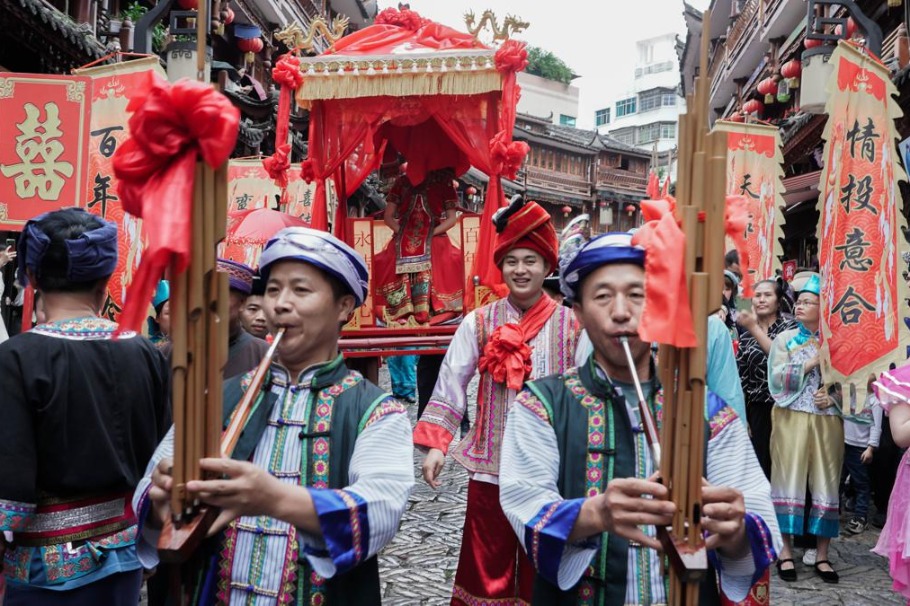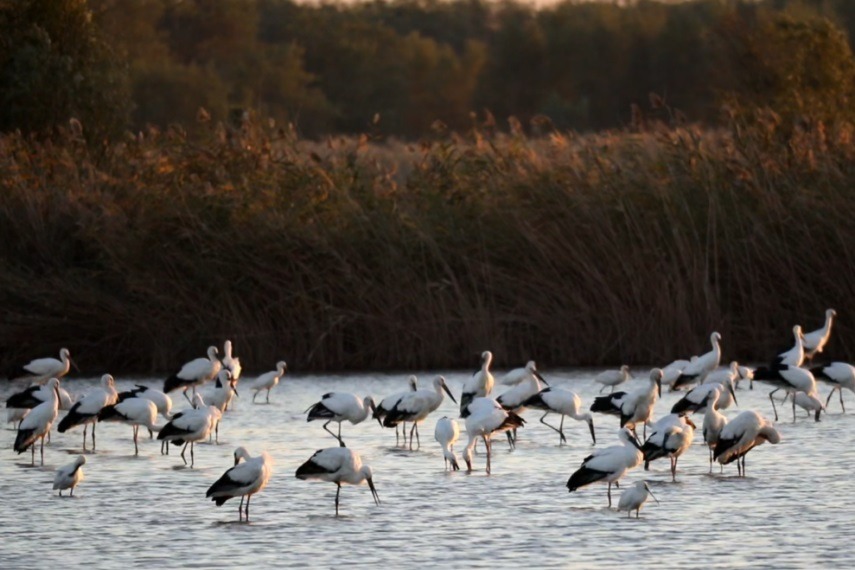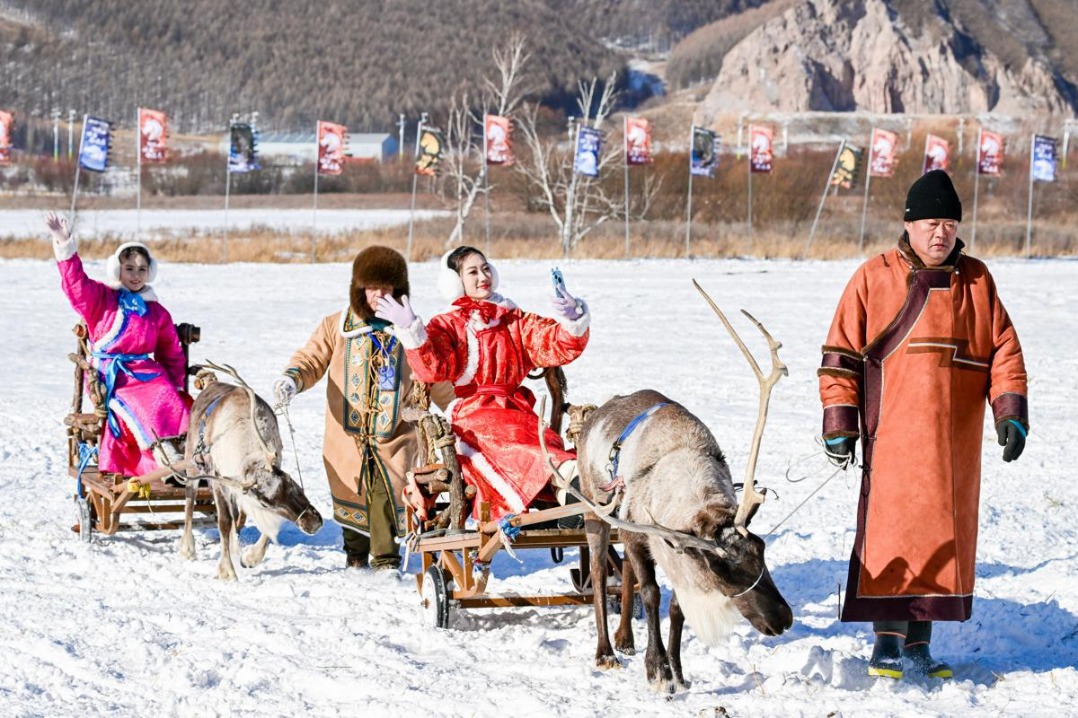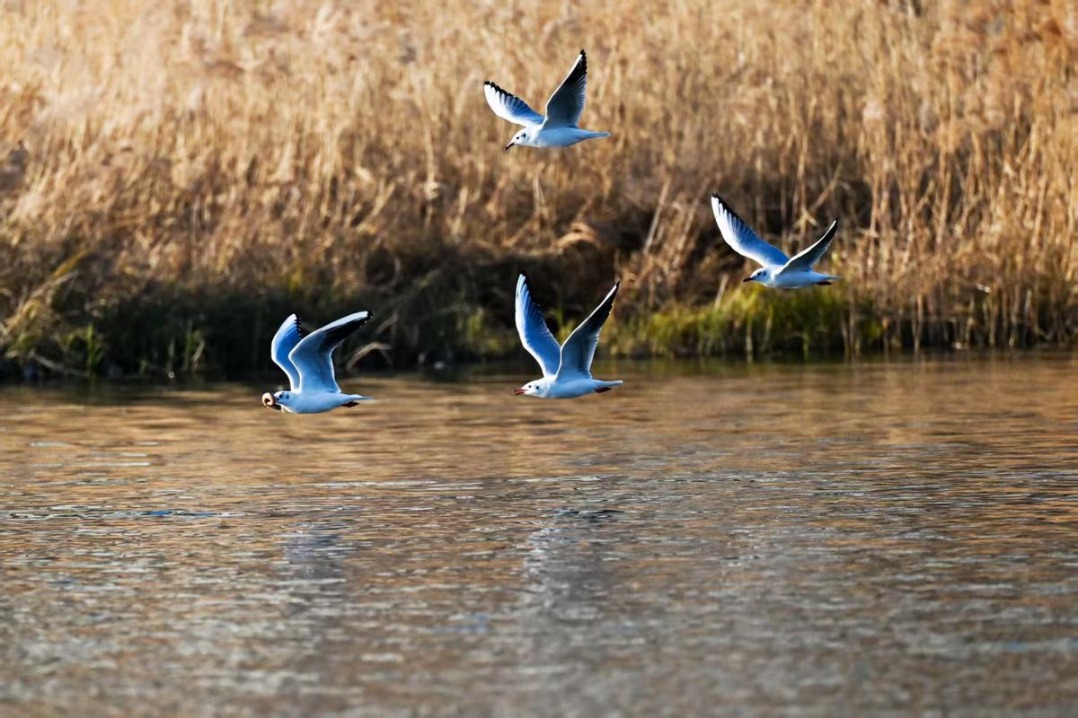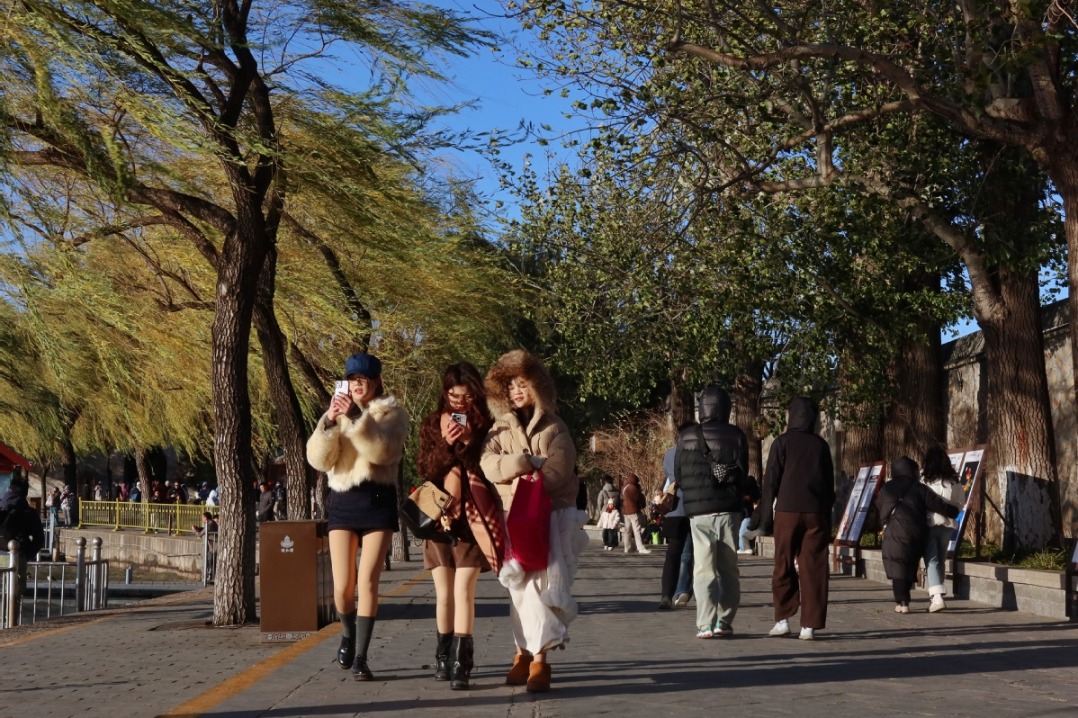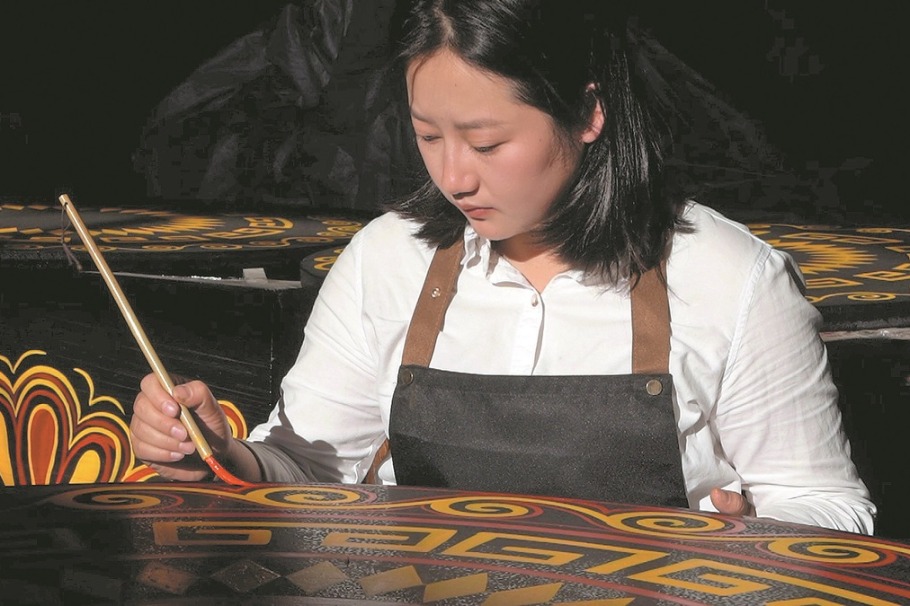Suite dreams

No longer simply purveyors of accommodation, Hong Kong hotels today see the business of keeping their guests culturally engaged as part of their remit. JN Bao reports.
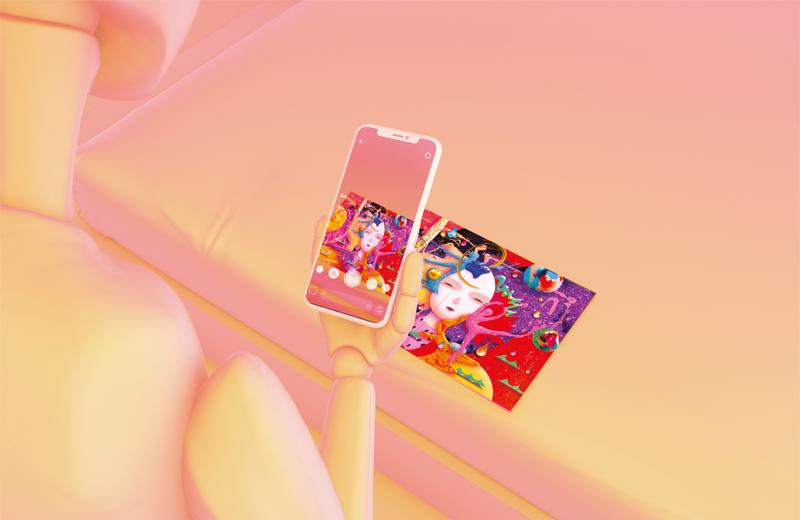
Hotels are no longer just places to lay down your head — they wine, dine, and also entertain their guests. As Hong Kong reopens for business and its hotels get ready to welcome the first inflow of overseas visitors in nearly three years, a handful of them are leading the charge in transforming themselves into cultural destinations.
Eaton HK is one of the city's foremost advocates for arts and culture. Following a 2018 rebrand and refurbishment, the "mission-driven hospitality" destination has put a significant focus on its recreational programming, led by gallery Tomorrow Maybe, and bar and live venue Terrible Baby. Local culture and talents feature heavily, from an exhibition on artist Jimmy Keung's hand-painted cinema billboards, to a talk on the evolution of Cantopop at the Unheard Sound & Music Festival, to stand-up shows with Hong Kong comedians.
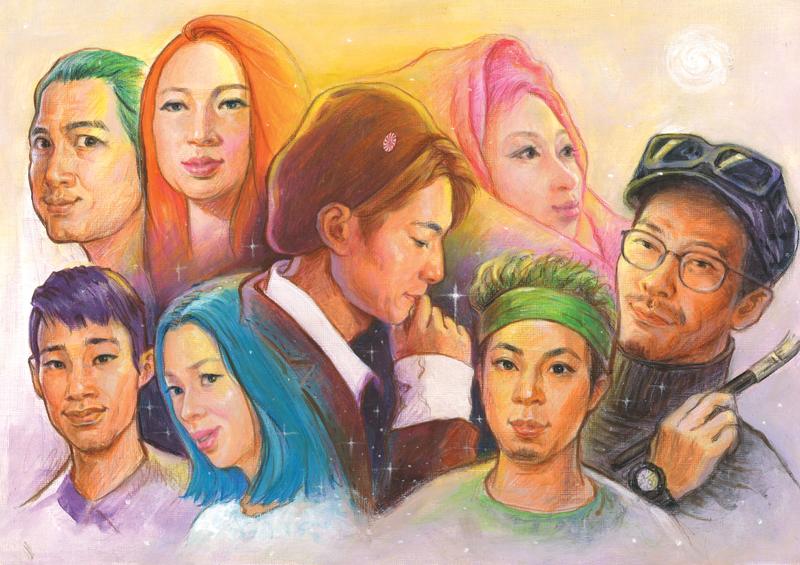
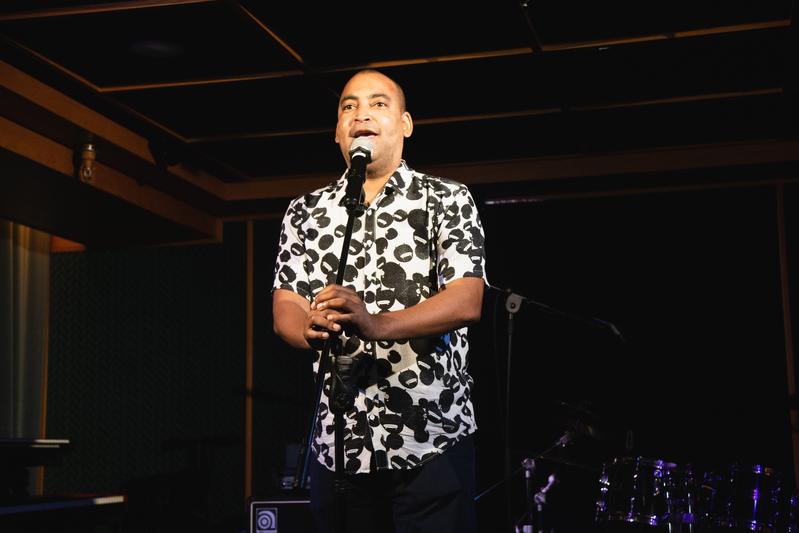
Eaton's founder Katherine Lo believes that the brand should exist as "a third place outside of home and work where one feels deep belonging".
"My vision (is to utilize) hospitality as a force for doing good in the world and building the ultimate gathering place under one roof that creates optimal conditions for people to thrive," she says of the brand.
Lo is not alone in paving the way to the next phase in hospitality, where hotels, culture and impact intersect. Dorsett Hospitality International continued its partnership with Affordable Art Fair (AAF) this year, showcasing a new work by digital art studio The Collective. The Way We Danceis an augmented reality (AR) performance art piece, brought to (virtual) life by dancers from the Hong Kong Academy for Performing Arts (HKAPA) via motion capture technology.
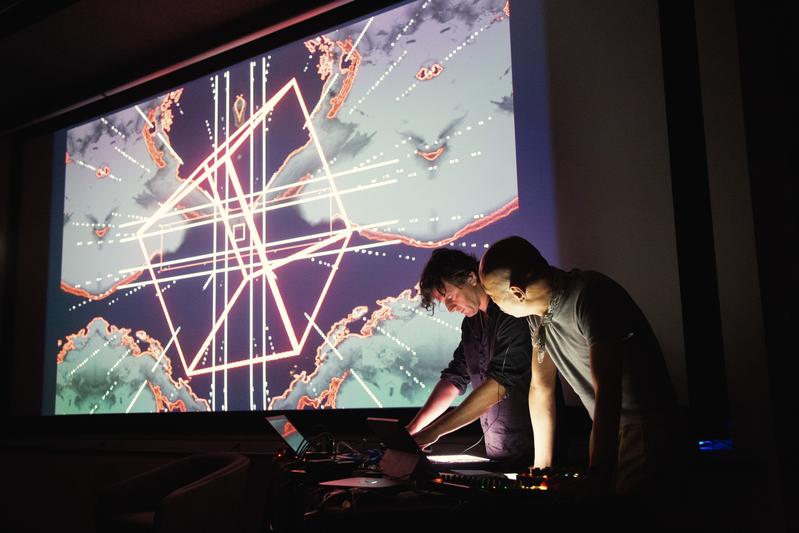
Yi Li Dawson, Dorsett's assistant director of marketing and communications, says that the piece danced by two HKAPA students was choreographed by Yuh Egami of Hong Kong Ballet. "Artists then designed what the figures look like in the AR performance," she adds.
Melding visual art, virtual space and technology, the piece was presented at AAF. The hotel also distributed The Way We Share AR advent calendars embedded with QR codes to quarantined guests, so they could enjoy 14 mini-dances while counting down the days to the end of their stay. It illustrated that "despite physical boundaries, you can still enjoy an up-close performance," Dawson explains.
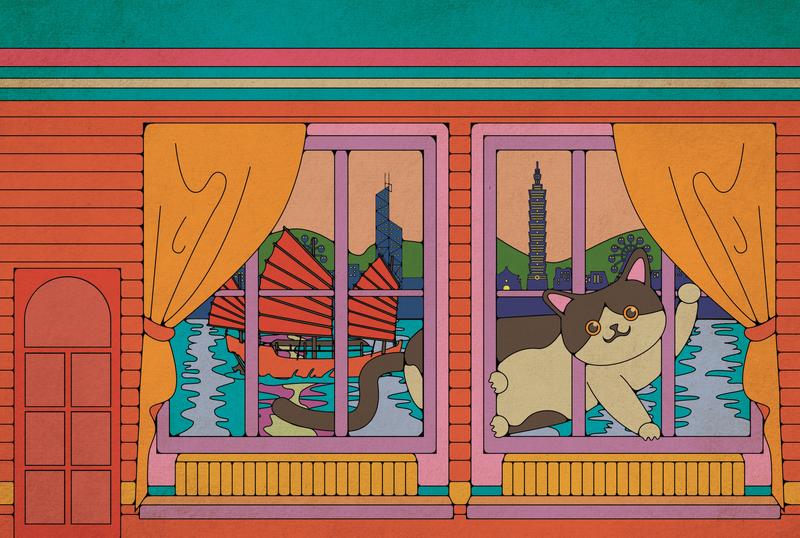
"We love the power of art because of the way it can connect and bring people together," she continues. "It reaffirms that everyone is looking for a human touch."
Dorsett partnered with AAF wishing to play facilitator. "We want to make art accessible to everyone," says Dawson — whether through hosting exhibitions in the hotel lobby or encouraging artistic activities among guests. She also believes that connecting with the community means strengthening Dorsett's relationships with its neighbors, allowing guests to get a taste of new work by emerging local talents while the hotel, in turn, supports local businesses.
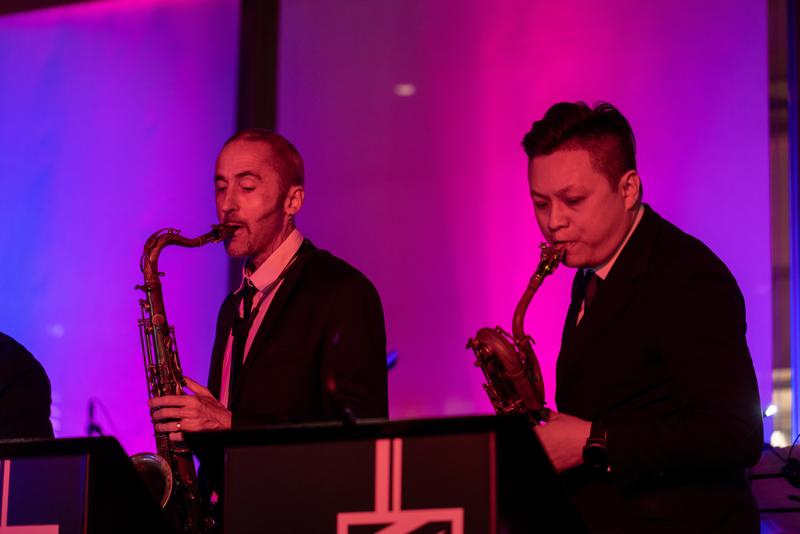
Landmark decisions
But how are patrons reacting to the idea of hotels doubling as providers of culture?
The Murray, on Cotton Tree Drive, has an answer. "Our arts and culture programs have brought extra visitors to the hotel, and guests who joined our events gave positive feedback on how the activities enriched their stays and visits," says Adriano Vences, the hotel's general manager.
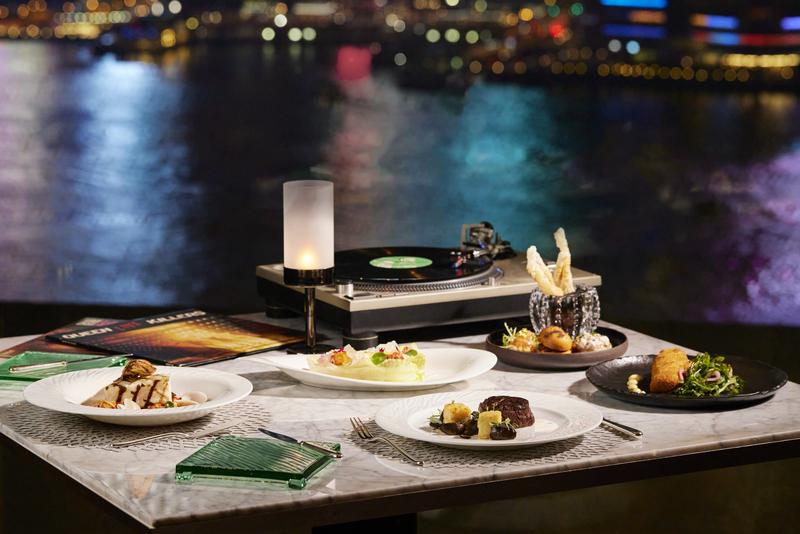
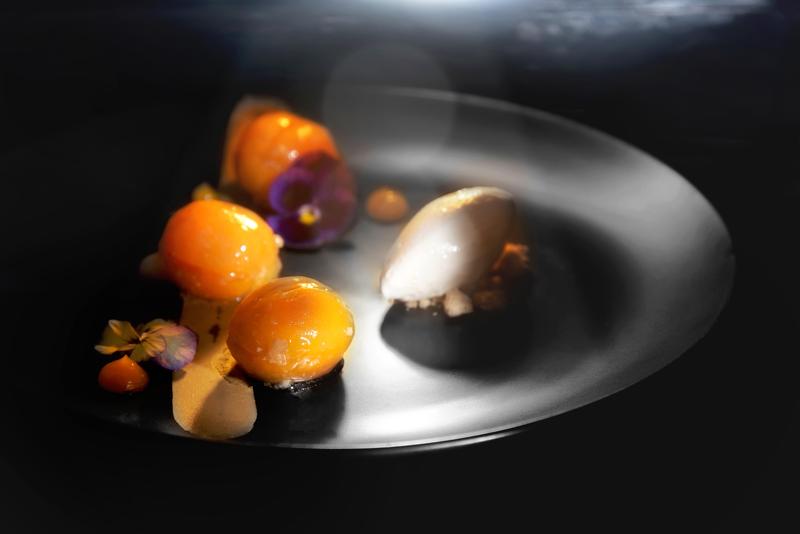
A landmark with a long history, The Murray readily parlays its location's cultural connections into the hotel's identity and community programs. "Art and culture have always been a part of The Murray's DNA," says Vences. In honor of the famous Cassia javanica that grows in the yard — a registered old and valuable tree — the hotel in May 2021 hosted the two-day Pink and White Shower Art Bazaar, inviting the public to admire the flowering season alongside arts and crafts, besides a slew of wellness experiences. Similarly, leaning on its conservation history, The Historic Murray Tour introduces guests to the rich architecture of the location. Late-week Jazz Nights present a vivacious lineup on the open-air Cotton Tree Terrace, serving as a platform for musicians. And for a dinner with a show, there's the Mystery Theatre Dinner series, where an exquisite tasting menu is paired with an equally tantalizing whodunit.
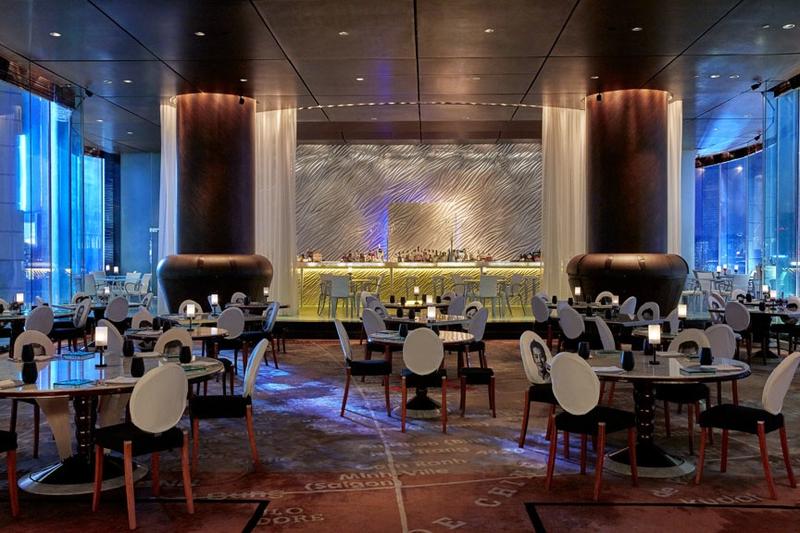
"The Murray allows guests to experience its rich heritage and stories, and reminisce about the old iconic features and the feel of the previous Murray Building," notes Vences, adding that all these elements play a part in making the hotel a cultural hub.
Since its reopening in 2018, The Murray has been heavily involved in the arts. The property is home to over 30 unique artworks by internationally-acclaimed artists. It was the official hotel partner to Art Basel Hong Kong in 2013, the fair's inaugural year.
Vences believes hotels of today must go beyond their original purpose as purveyors of accommodation: "A hotel should be a space that provides immersive experiences and timeless pleasures for guests to cherish. We bear a responsibility to enrich the experience of guests and local residents."
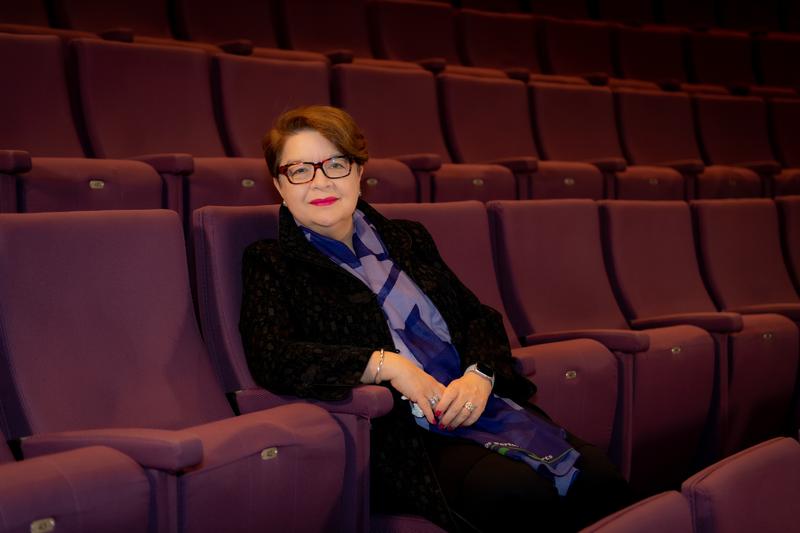
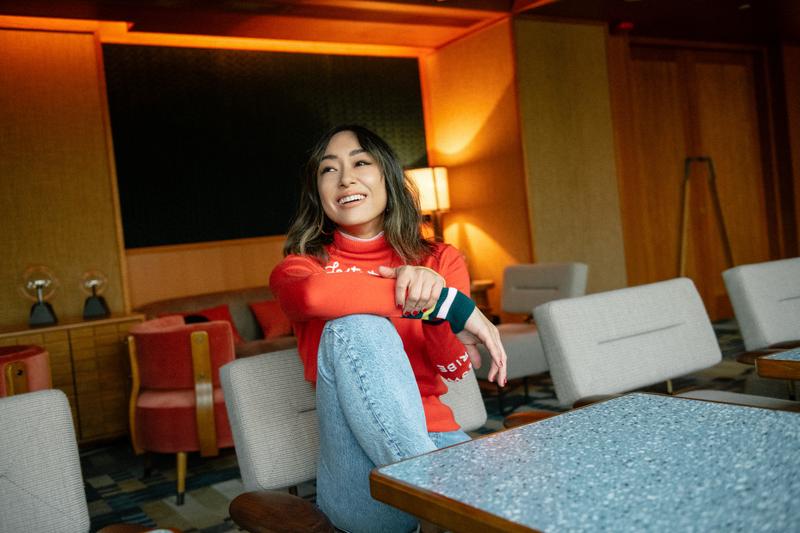
Night shift
Even long-standing establishments like The Peninsula Hong Kong are embracing the concept of doubling as a performing arts venue. Following on the heels of its live staging of The Great Gatsbyin late 2021, the Secret Theatre group returned recently with another immersive production, Nights at Studio 54. The iconic Manhattan club was recreated in the hotel's contemporary European restaurant Felix. Guests were treated to a dynamic performance under the pulsing lights of the disco ball as they tuck into a four-course meal.
But as the show goes on, what are the city's leading performance art educators saying about this shift in the local hospitality industry and its effects on the theater scene?
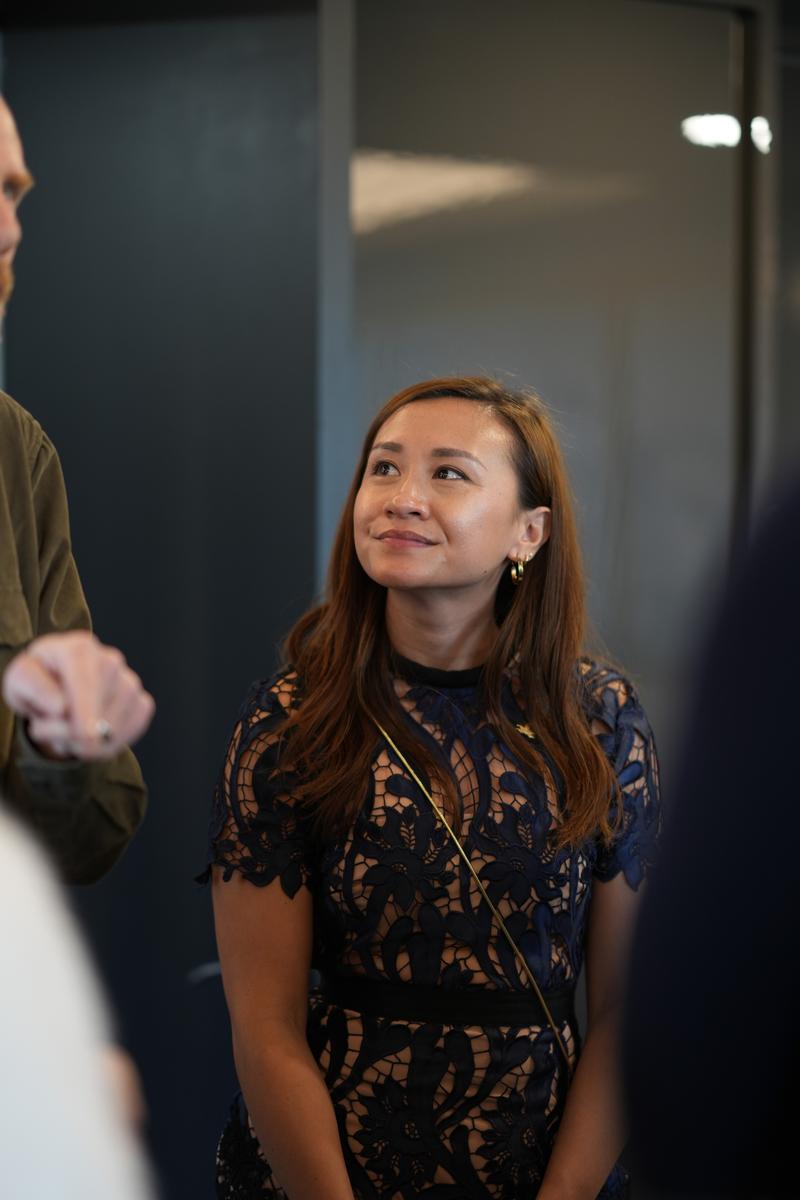
HKAPA director Gillian Choa weighs in: "This is a positive phenomenon, as hotels and the commercial sector — being central to the Hong Kong community — are doing what they can to contribute to enriching the city's cultural landscape."
"I can see that this phenomenon may well be sustained in the long term," she says, lauding the popularity of recent cultural shows hosted by hotels.
Choa welcomes the trend of hotels giving a platform to culture, also because it means more opportunities for her students to find new spaces for gaining experience and developing their careers. A core mission of the HKAPA, she says, is to introduce members of the public to the richness and beauty of performing arts: "I would like to see us fostering more non-traditional partnerships that play their role in contributing to Hong Kong's success as a cultural hub."
- China moves to accelerate modernization of state forestry farms
- Autonomous vehicles charting new path
- Azerbaijani youth has a passion for Chinese language and culture
- Liulihe site to be 'next heritage project'
- Circus festival keeps pace with the times
- Exercise of police powers to be monitored to help enforcement
















